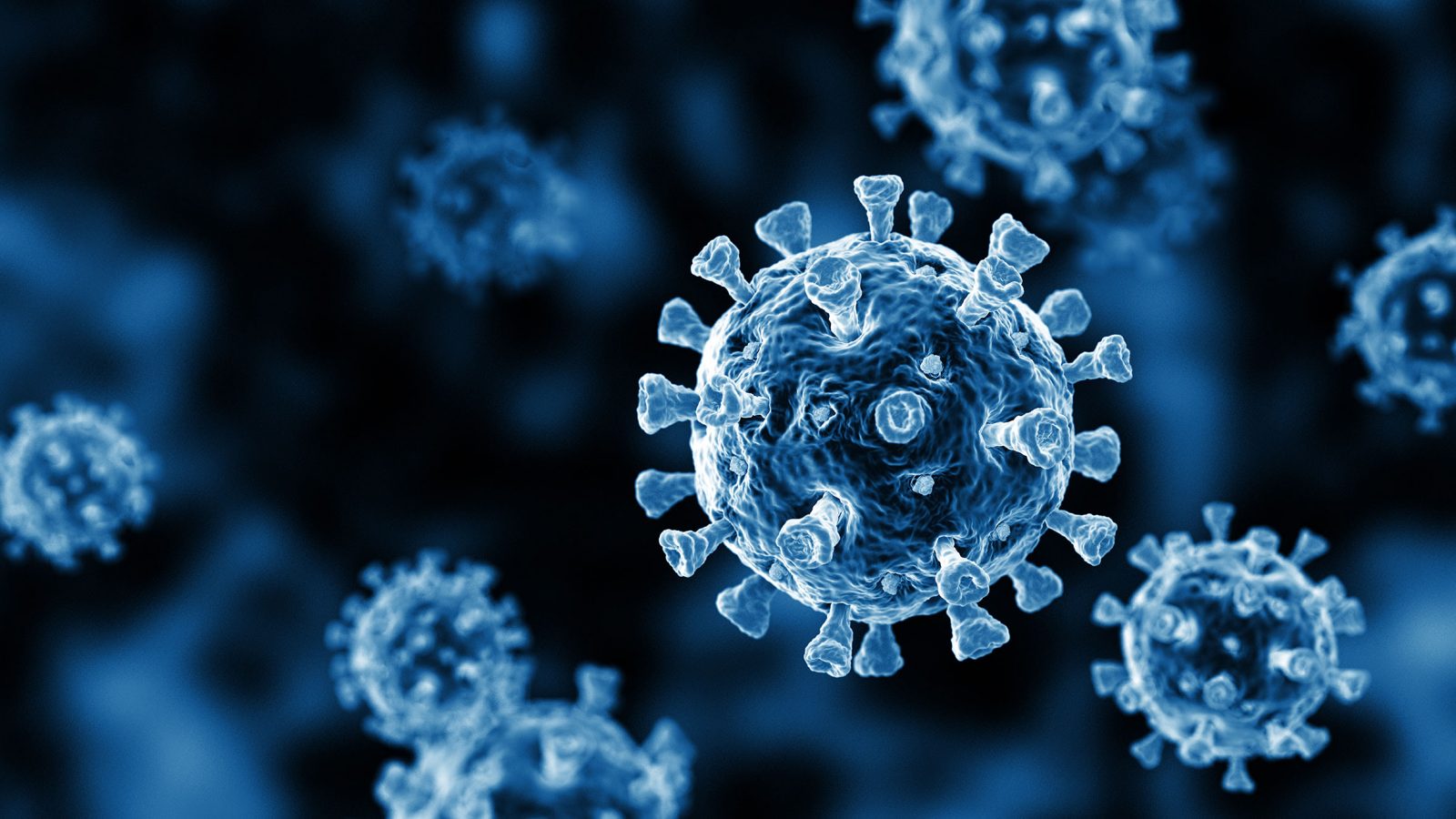COVID-19 is a highly infectious disease, but despite this fact, there are people that might just be immune to it. There have been multiple cases of people resisting the virus, despite living together with someone infected. Now researchers believe that a particular gene might be connected to this resistance.
“The biological implications [of identifying a resistance gene] are important because it will provide one more piece in the assembly of the puzzle of the pathogenesis of Covid. Medically, if you knew you’re resistant, you know, you’d be relaxed. You would feel like King Kong, right? The second possibility is that in people who are not genetically resistant, you can think of blocking the very same component on the surface of cells that you don’t have genetically,” explained pediatric immunologist Jean-Laurent Casanova of Rockefeller University.
Back in 1905, the first disease-resistance gene was discovered. The person who found it was botanist Sir Rowland Biffen from Cambridge University. His study looked at a recessive gene resisting fungus P. striiformis in wheat. The knowledge later expanded from plants to humans.
For COVID-19 resistance, researchers from the Icahn School of Medicine and New York University published a paper about the RAB7A gene and how inhibiting it can reduce the infection of COVID-19. However, this might not necessarily mean that this discovery will lead to a treatment for the virus. “Even if you found an inert protein that could be erased from our biology without major impact,” he said, “it doesn’t [necessarily] translate to any meaningful therapeutic.”
Pediatric immunologist Jean Laurent Casanova is optimistic about the findings and believes that they might lead to a therapeutic remedy: “The history of infectious diseases is essentially characterized by the idea that the microbe [alone] is causal, and you can prevent disease by vaccinating against the microbe, or by interfering with the microbe (via drugs). In my work, we see we can prevent or treat infectious diseases, not [just] by hammering the microbe, or playing with adaptive immunity (via vaccines or monoclonal antibodies), but by restoring deficient immunity, which accounts for a life-threatening disease.”

Leave a Reply